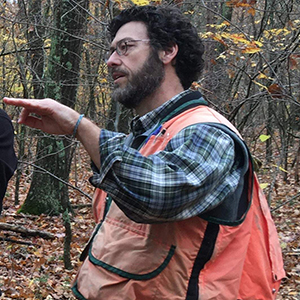
Paul Catanzaro is a professor in the Forest Ecology and Conservation program at UMass Amherst and serves as the Massachusetts State Extension Forester and Co-Director of the Family Forest Research Center, a partnership between the USDA Forest Service and UMass.
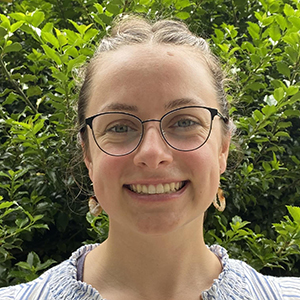
Lina Clifford is a master’s student in the Environmental Conservation and Forest Resources program at UMass Amherst, working with Paul Catanzaro. She co-coordinates the Women on the Land network in Massachusetts. Her past work experience at a regional land trust in New York inspired her interest in engaging family forest owners and her research on their attitudes toward passive forest management options.
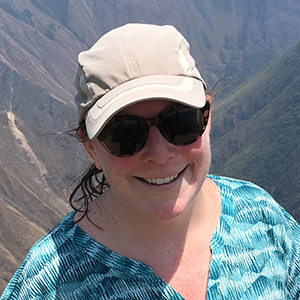
Melissa Cryan is the Grant Programs Supervisor at the Massachusetts Executive Office of Energy and Environmental Affairs Division of Conservation Services. She directly administers the Parkland Acquisitions and Renovations for Communities, Land and Water Conservation Fund, and Conservation Partnership Grant Programs. Melissa also reviews all communities’ Open Space and Recreation Plans.

David Foster is an ecologist and Director Emeritus at the Harvard Forest, Harvard University’s 4,000-acre ecological laboratory, and President Emeritus on the board of the Highstead Foundation, a regional conservation nonprofit dedicated to increasing the pace of land protection in New England and beyond through science. In 2010, David and colleagues developed Wildlands and Woodlands – A Vision for the New England Landscape that argues for regional forest and farmland conservation integrated with resilient community development for the benefit of nature and all people. Through strong collaboration, the Wildlands, Woodlands, Farmlands & Communities initiative is advancing many regional public and private partners.
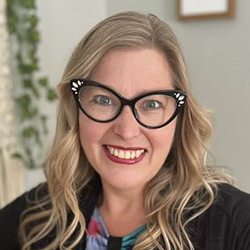
Angi Francesco is a results-driven facilitator and presenter with a passion for helping individuals and organizations achieve their goals through effective communication, collaboration, and problem-solving. She brings a blend of expertise in nonprofit development, strategic planning, and inter-agency cooperation. She has worked with a diverse range of clients across many industries, most recently in the environmental space. Her facilitation style, honed over 20 years, is rooted in a collaborative and interactive approach. She works to create a safe and inclusive environment where all voices are heard and valued. Angi holds a Master’s in Communication from Southern New Hampshire University.
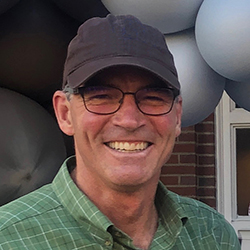
Phil Huffman has been a conservation leader in the northeastern U.S. for more than three decades, with extended stints in the nonprofit and public sectors and as an independent consultant. His work has encompassed innovative, impactful approaches to landscape-scale conservation, cross-border collaboration, community-based river conservation, natural resources planning and management, private land conservation, community engagement, and public policy and advocacy. Since 2009, Phil has played a leadership role in the Staying Connected Initiative, a unique partnership of nonprofit organizations and government agencies in the U.S. and Canada working to sustain and enhance landscape connectivity in the Northern Appalachian-Acadian region.
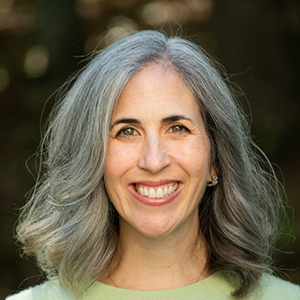
Marissa Latshaw is an organizational empathy consultant at Latshaw Marketing where she works with mission-drive organizations to build inclusive communication strategies that inspire action. She serves as co-coordinator of the Wildlands, Woodlands, Farmlands & Communities initiative, working with partners throughout New England to help bring a more holistic, integrated approach to land conservation.
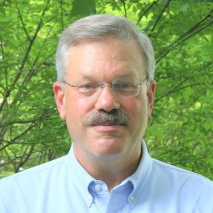
Jim Levitt is the Director of the International Land Conservation Network (ILCN) at the Lincoln Institute of Land Policy, based in Cambridge, Massachusetts. The ILCN, which Levitt co-founded in 2014, has a mission of connecting organizations around the world that are accelerating voluntary private- and civic-sector action to protect and steward land and water resources. Levitt is a graduate of Yale College and the Yale School of Management (Yale SOM). He is a member of the first cohort of Donaldson Fellows honored by Yale SOM for career achievements that “exemplify the mission of the School.”
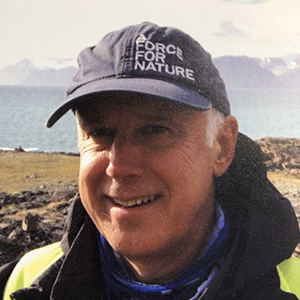
John Lounds is Director of Business Development for the Centre for Land Conservation, working to grow the community-based private land conservation movement in Canada. He recently retired as President and CEO of the Nature Conservancy of Canada. Over his 23 years as CEO, John oversaw remarkable growth in the Conservancy’s programs, conservation projects, funding, and impact, having helped with the conservation of more than 14 million hectares. Previously, John was Executive Director of the Federation of Ontario Naturalists (now Ontario Nature) and worked for a number of years in senior positions with the Government of Ontario.
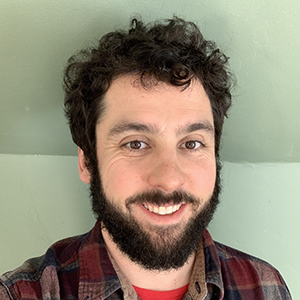
Shane Rogers is Communication Director for Food Solutions New England, where he works to build equitable and inclusive food systems that work for people through effective narrative building and collective action and communications. Prior to that, Shane worked as a communicator for the New England Grassroots Environment Fund, Vermont Farm to Plate Network, Green Mountain Farm-to-School, and as a journalist. Throughout his career, he has worked to center stories and narratives grounded in community, bottom-up organizing.
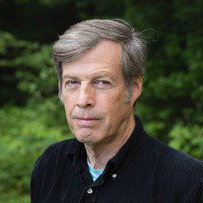
Jamie Sayen is a writer and wildlands activist living in northern New Hampshire. He founded The Northern Forest Forum, a bi-monthly journal of conservation and forestry issues in northern New England in 1992 and edited the Forum from 1992-1997. He is the author of Einstein in America: The Scientist’s Conscience in the Age of Hitler and Hiroshima (1985) You Had a Job for Life: Story of a Company Town (2018, second edition to be released Fall 2023 by Brandeis University Press), and Children of the Northern Forest: Wild New England’s History from Glaciers to Global Warming (to be released by Yale University Press Fall 2023.)
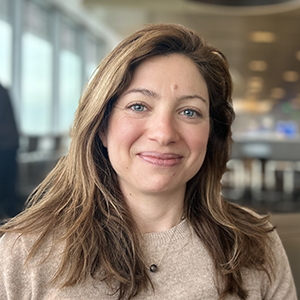
Lisetta Silvestri is a New Hampshire attorney who works as a consultant for the Lakes Region Conservation Trust and is a part-time staff member at Plymouth Area Renewable Energy Initiative. She has worked on land conservation for more than 15 years and cares about the intersection of land conservation, social justice, and renewable energy.
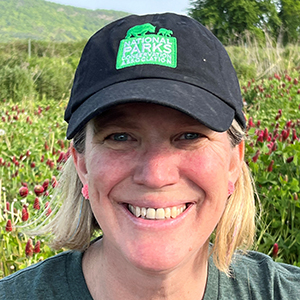
Kristen Sykes is the Northeast Regional Director for National Parks Conservation Association (NPCA). Prior to joining NPCA, she worked for the Appalachian Mountain Club since 2004 as the Director of Southern New England Conservation Projects and Partnerships. She worked extensively to advance land conservation, trails, and recreational access throughout the Northeast and Mid-Atlantic regions. She has an MS in Environmental Studies from the University of Montana and a BA in International Relations from California State University, Sacramento. Kristen is a board member of the Massachusetts Land Trust Coalition, Venture Out Project, and the Massachusetts Bicycle Coalition.

Elizabeth Thompson is a conservation ecologist and botanist living in Jericho, Vermont, where wild places are near at hand. Liz has recently retired from a 40-year career in land conservation in Vermont but remains actively involved in the work. She co-authored Wetland, Woodland, Wildland, A Guide to the Natural Communities of Vermont, as well as Vermont Conservation Design and, most recently, Wildlands in New England: Past, Present, and Future. For 20 years, she taught Field Botany and Ecology at the University of Vermont. Liz’s current favorite pastime is walking in nature with a camera, finding the beauty in small and ordinary things.
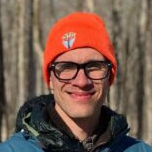
Thom Unrau is Director of Community Conservation at Kawartha Land Trust (KLT). Thom has worked at KLT for six years and has played a key role in growing the impact of the land rust. He has experience working with the Nature Conservancy of Canada and has done a wide range of conservation work in locations spanning from Northern Ontario to South Africa. He believes that “land is the answer” to many of the biggest challenges we face and that we can rise to this opportunity by making conservation relevant and inclusive to all.
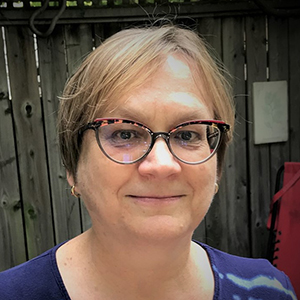
Sarah Winterton is Research Lead at the Centre for Land Conservation (CLC) and the author of Building a Landscape Conservation Approach: The Potential for Regional Conservation and Climate Partnerships in Canada. She has extensive experience in Ontario’s environmental non-profit sector, working on policy, program development, capacity building, and development initiatives. Most recently, Sarah held the roles of Director, Nature Connected Communities, WWF Canada, and Managing Director, Environmental Defence.